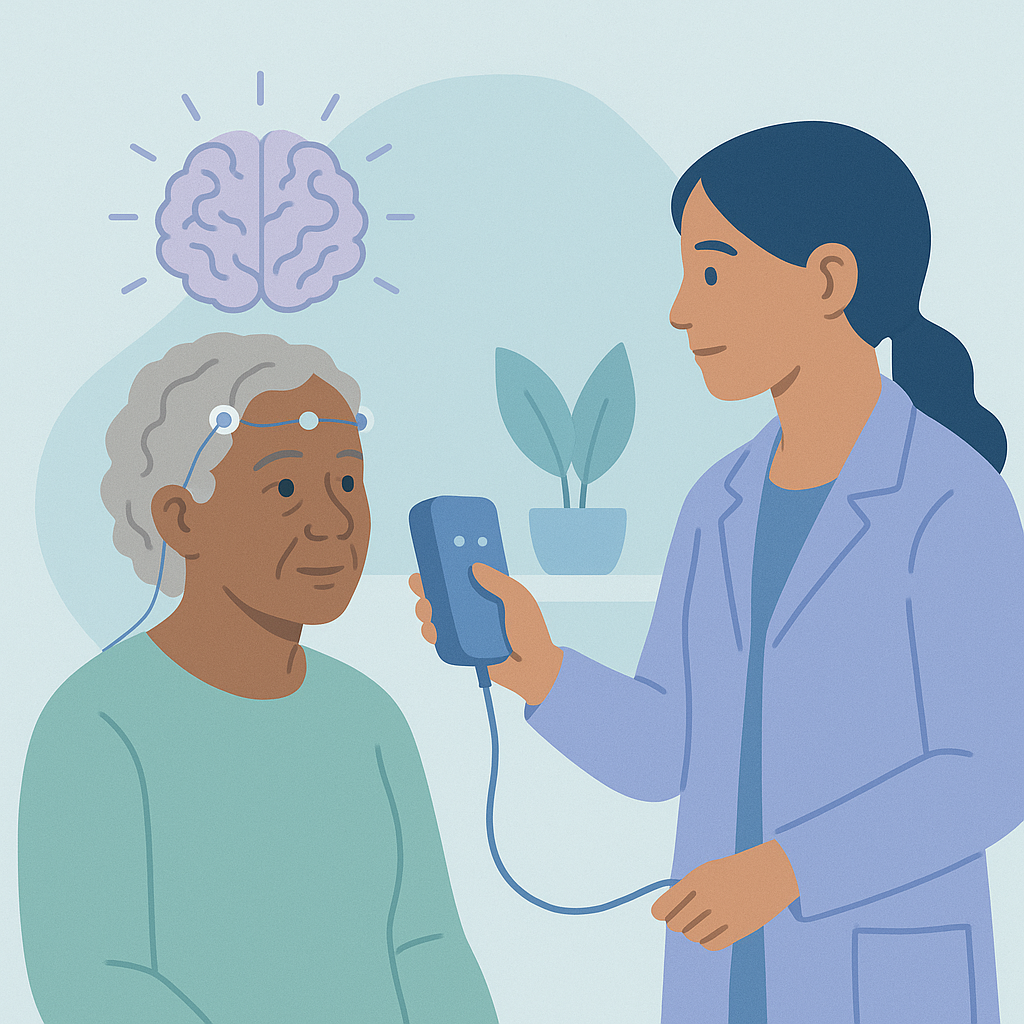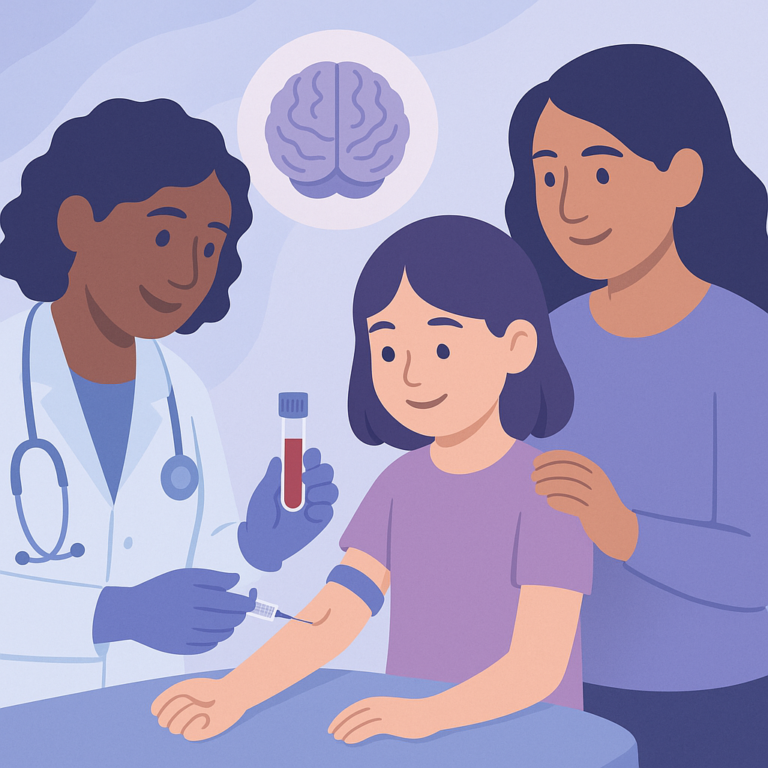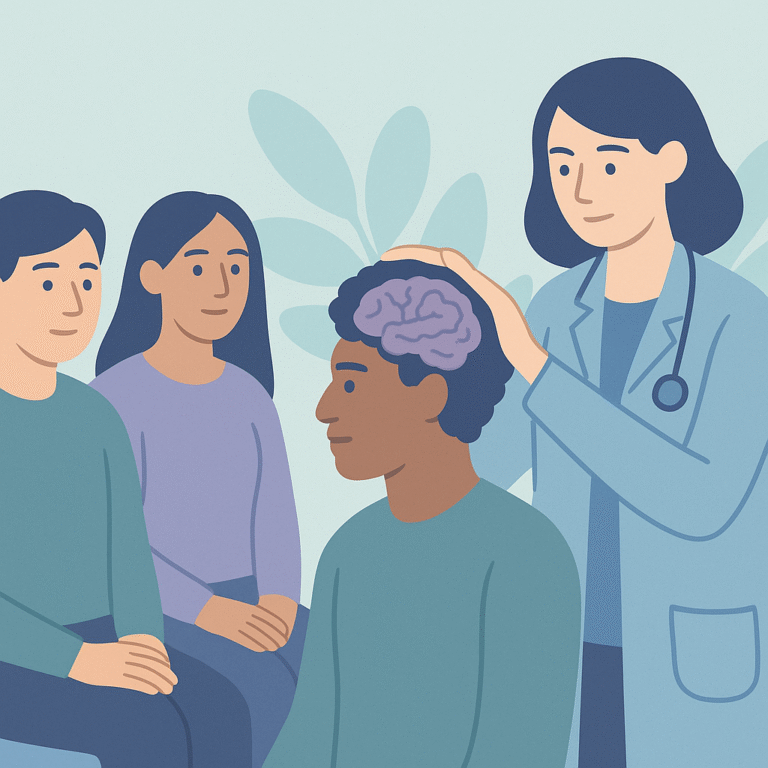Gamma Stimulation May Boost Cognitive Function in Alzheimer’s Patients
Source: Neurorehabilitation and neural repair
Summary
Researchers studied the effects of gamma rhythm stimulation, specifically at 40 Hz, on cognitive function in people with Alzheimer's disease (AD). They looked at eight different studies that included a total of 291 participants. The goal was to see if this type of stimulation could help improve thinking skills and memory, and to check if it was safe for those involved, including individuals with epilepsy.
The findings showed that gamma stimulation had a significant positive impact on cognitive function. Participants who received this stimulation performed better on various cognitive tests compared to those who did not. The results indicated that the stimulation was safe, with no major differences in side effects between those who received the treatment and those who received a placebo.
This research is important because it suggests that gamma rhythm stimulation could be a helpful tool for improving cognitive abilities in people with Alzheimer's disease. It also shows that this method is safe, even for individuals who have epilepsy. However, the studies included were limited in number and size, so more research is needed to confirm these findings and understand how best to use this treatment.
Free: Seizure First Aid Quick Guide (PDF)
Plus one plain-language weekly digest of new epilepsy research.
Unsubscribe anytime. No medical advice.





